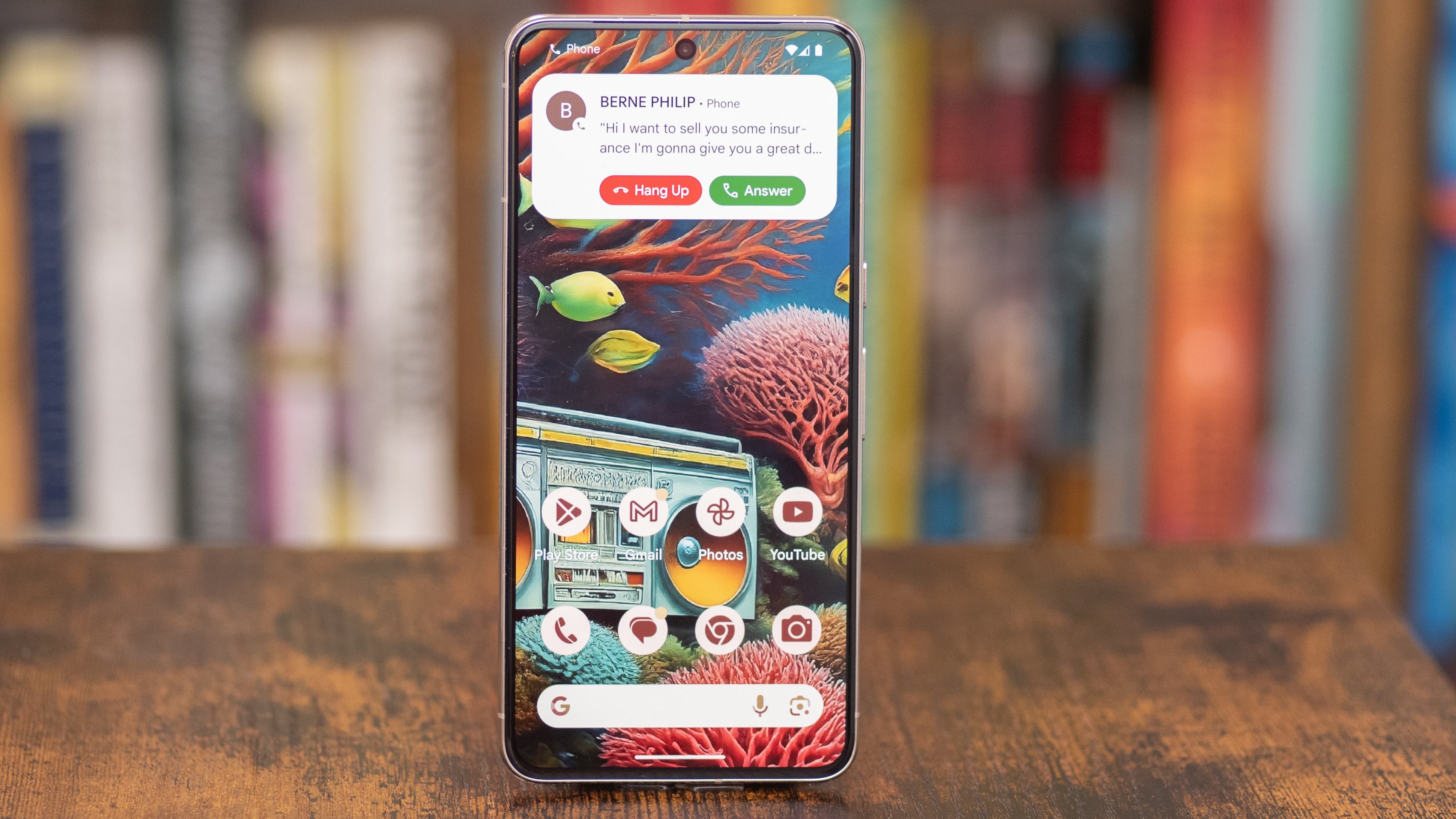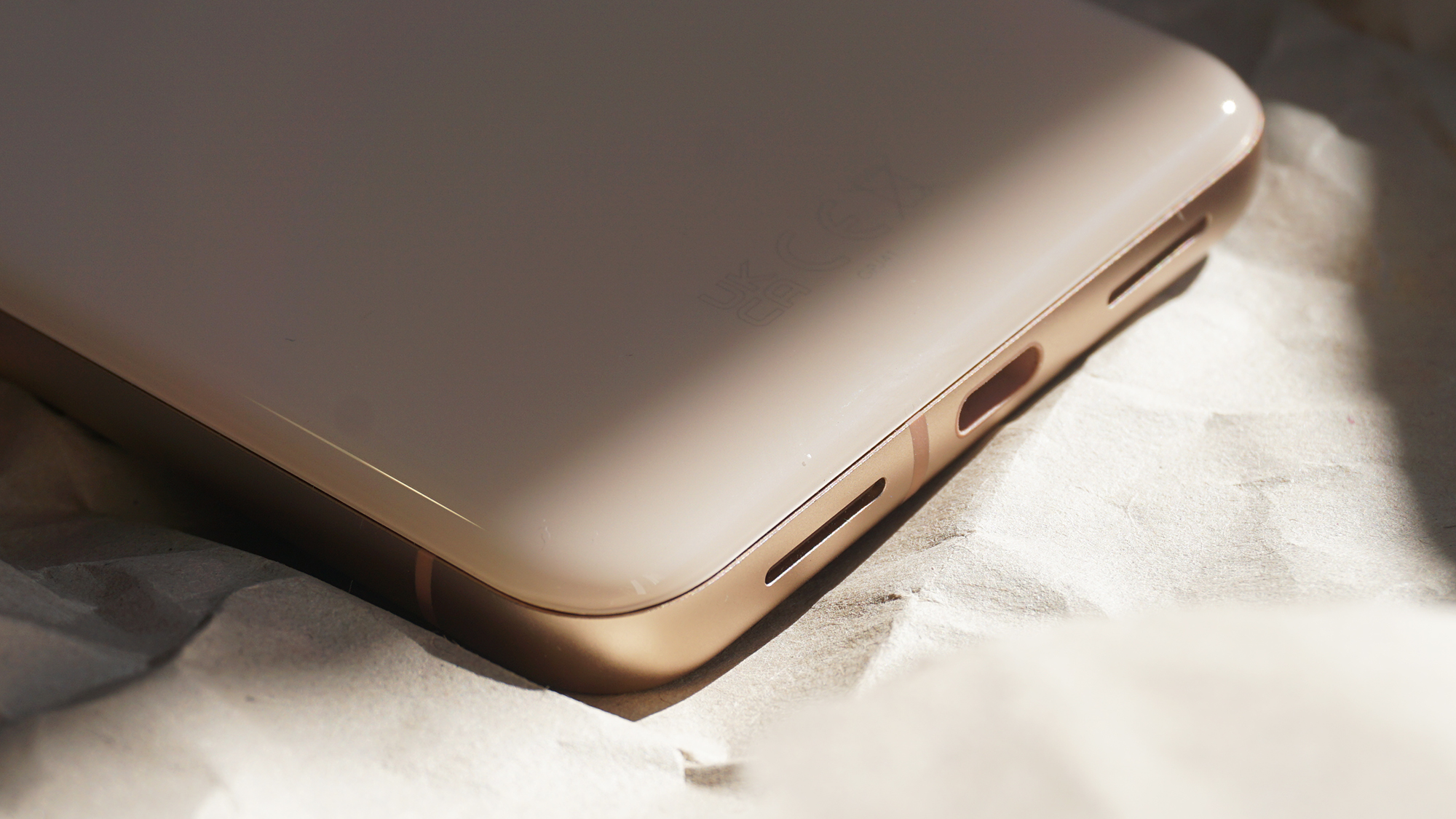The Google Pixel 9 could launch with Android 14 and a weak chipset
Fresh Pixel 9 reports paint a disappointing picture

We’re now getting very close to the Google Pixel 9’s August 13 launch, but the latest wave of leaks has left us a little less excited about it.
One thing you can be almost certain of with a new mainline Pixel is that it will launch with a new version of Android, yet this year that may not be the case, with Android Headlines claiming that the Pixel 9, Pixel 9 Pro, Pixel 9 Pro XL, and Pixel 9 Pro Fold will ship with Android 14 rather than Android 15.
The reasons behind this possibility aren't yet clear, but it likely relates to the fact that Google is launching its new Pixel line earlier in the year than normal – though why the company wouldn’t just wait until it has a new version of Android ready (likely in September) is also unclear.
Still, this leak might be wrong, and even if it’s accurate, we’d expect the Pixel 9 to be updated to Android 15 shortly after launch. However, while these phones will reportedly get seven years of updates, their launch timing might mean they miss out on one final Android update that they would have gotten had they launched a month or so later with Android 15 out of the box.
From old software to a weak chipset
This isn’t the only potential bad news for the Pixel 9 series either, as Android Authority claims that the Tensor G4 chipset we’re expecting these phones to use will be the smallest chipset upgrade to the series so far.
It will apparently offer a tiny power boost, although it might at least be significantly lighter on the battery.
The site reports that this is likely such a minor upgrade because Google hadn’t originally intended to use a new Tensor chipset. Rather, the company wanted to build a new chipset independently of Samsung (which produces its Tensor chips) but didn’t get it ready in time, so Google had to craft an upgrade to the Tensor G3 at the last minute.
Get daily insight, inspiration and deals in your inbox
Sign up for breaking news, reviews, opinion, top tech deals, and more.
Interestingly, though, if the G4 is such a tiny upgrade, then it’s likely that any Pixel 9-exclusive software features, such as new AI capabilities, would be technically possible on the Pixel 8. So, we might see them filter down to the Pixel 8 over time.
Also in the 'bad news' basket for the Pixel 9 line, all three expected non-foldable phones (including the Pixel 9 Pro and Pixel 9 Pro XL) will reportedly start at just 128GB of storage, which really isn’t much for a high-end handset.

According to Android Headlines, the Pixel 9 will additionally be available in a 256GB capacity, while the Pixel 9 Pro and Pro XL will also be available in 256GB, 512GB, and 1TB versions. The Pixel 9 Pro Fold, meanwhile, is said to come in 256GB and 512GB capacities, just like the original Pixel Fold.
The site adds that the Pixel 9 will have 12GB of RAM, while the Pro models will have 16GB. That would, at least, be a 4GB upgrade in all cases, and the charging speeds could also be improving ever so slightly, as the site claims Google will start selling a 45W charger, up from the 30W one available for the Pixel 8 line. However, it suggests that actual charging speeds likely won’t be higher than around 33W.
Finally, Android Police has shed some light on the Pixel 9’s rumored 8K video recording capability, and apparently this will rely on the phone’s Video Boost feature to upscale recordings to 8K, rather than the Pixel 9 actually being able to natively record in that resolution. So, that’s another slight disappointment.
As ever, we’d take these reports with a pinch of salt, but we’ll be sure to bring you all the confirmed details once Google unveils the Pixel 9 line on August 13.
You might also like
- The Pixel 9 could get one of Apple Intelligence's coolest features
- Best Pixel phones: these are the Google phones to buy right now
- Best Android phones: top Google-powered phones for every budget
James is a freelance phones, tablets and wearables writer and sub-editor at TechRadar. He has a love for everything ‘smart’, from watches to lights, and can often be found arguing with AI assistants or drowning in the latest apps. James also contributes to 3G.co.uk, 4G.co.uk and 5G.co.uk and has written for T3, Digital Camera World, Clarity Media and others, with work on the web, in print and on TV.